
Join my tribe of empowered women. Get fitness tips, life hacks, and inspiration delivered to your inbox.
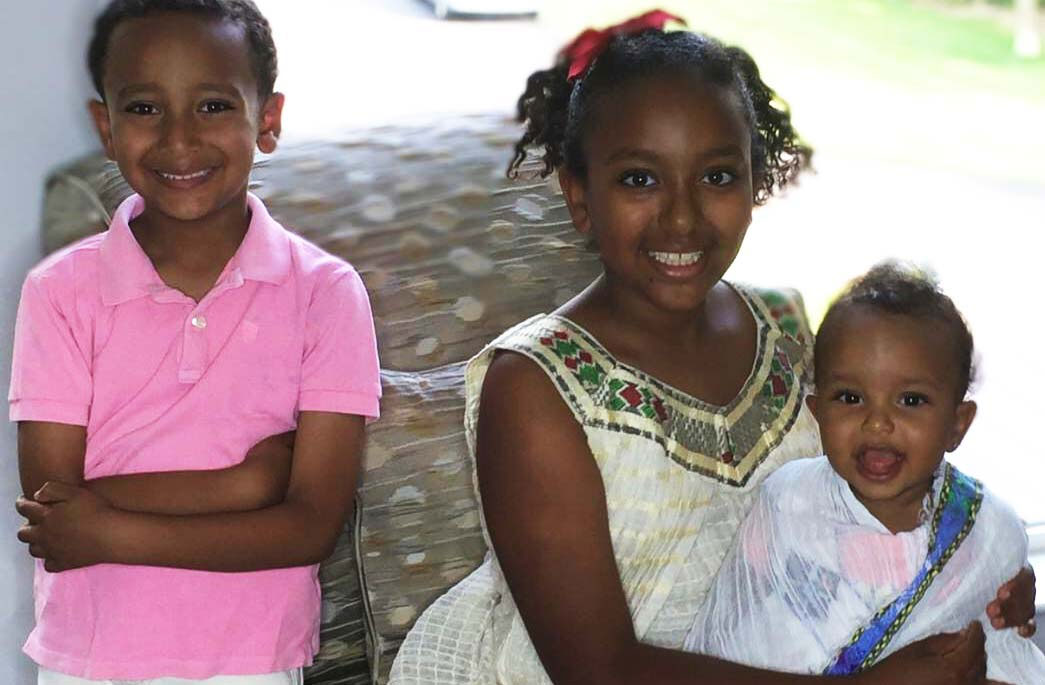
My parents like many others before and after them came to the United States in hopes of a better future, one where civil unrest was not an everyday experience. Where they could receive an education and live out their dreams. Where their social status, age, and political views would not get them killed. My parents like many others left their families, their friends, and all that they knew behind them so that they could start fresh and live up to their potential in a foreign country.
Rahwa (my younger sister) and I were born and raised in the United States and at different times in our youth, lived in both Eritrea and Ethiopia. Our parents wanted us to always know our culture, our language, our people and our land. They wanted us to experience what their childhood was like so we lived in the homes they grew up in and played the games they played as children. America is my home and I will always be American, but I carry my heritage very close to my heart and want my kids to feel the same way.
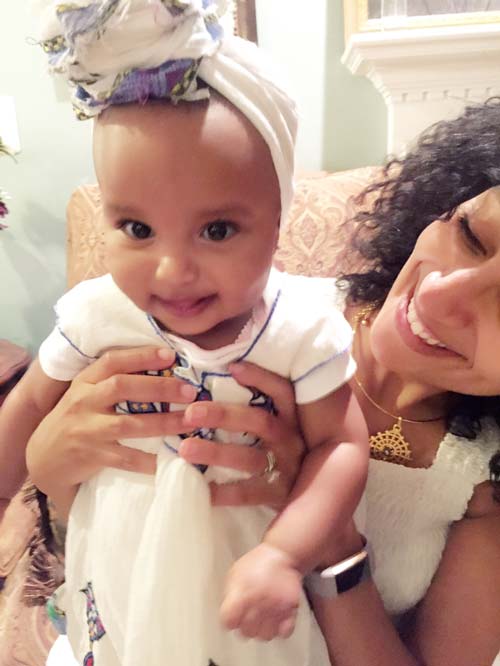
As a first-generation American mother, I struggle with teaching my children our traditions, and I am always seeking ways to better myself. It used to be so easy when Isabella was little, and I was home with her. I would only speak in our native language (Tigrinya), which is what my parents did when Rahwa and I were growing up. I even took her to Asmara, Eritrea when she was a baby and her first words after dada were habi (give me) and tseba (milk). In my eyes, I was doing an amazing job.
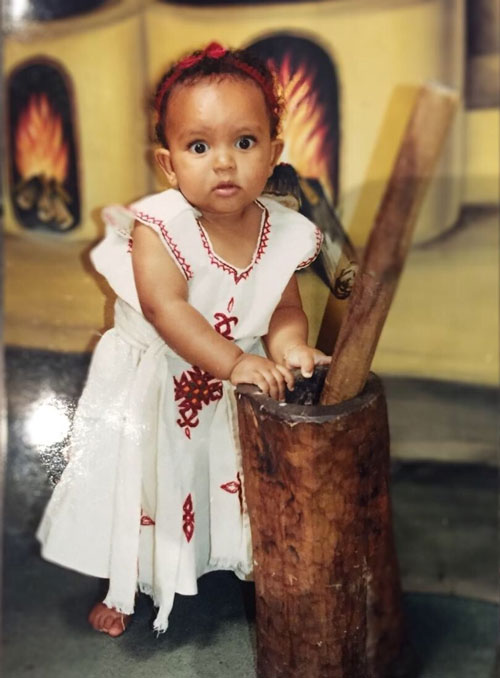
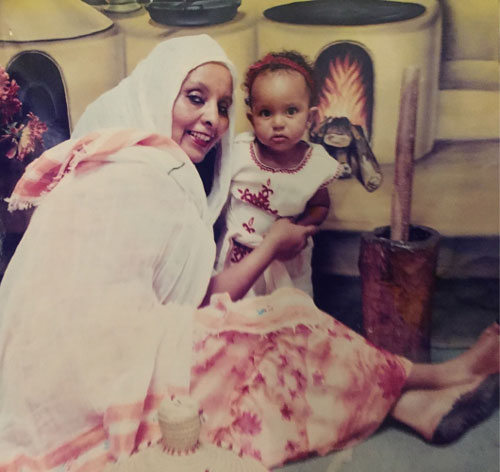
My downfall as a tri-lingual parent occurred the year she went to preschool, and I fell in a trap of responding to her in the language she spoke to me- English. I should have been more like my parents and set rules that as a family we would only talk in Amharic (Ethiopian language-so Bini could understand) or Tigrinya with me. Since English is my first language, it's hard for me to think in Amharic/Tigrinya. I speak it when spoken too or only with family and friends. For years, I doubted my accent and practiced a lot on different people before feeling confident in my language skills. Hence the reason, I responded to Isabella in English, but by doing so, I showed her that it was ok not to speak our native language and as she grew up she spoke less and less of it.
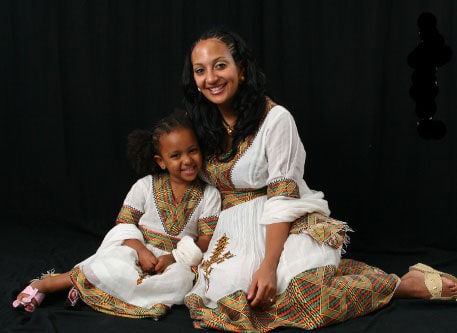
We have taken the children to Addis Ababa, Ethiopia twice now and they loved it there, which is great. They don’t necessarily blend in but will at least try to respond in the little Amharic they know when spoken too and will eat certain Ethiopian foods. On both trips, we made sure to show them our old neighborhoods and schools we’ve attended. They spend quality time with both our families and learn about their history. One of my favorite things to do when we go there is taking them to my father’s grave. I want them to know and understand the work he did and what it meant to his people. The idea behind taking them to Addis Ababa is that they will grow to understand their culture and be proud of their heritage. We are still many trips away from reaching that stage though.
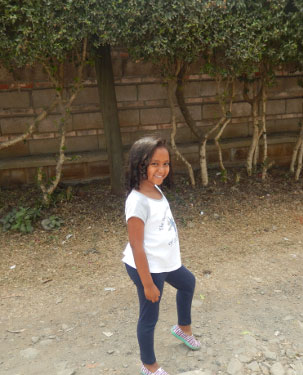
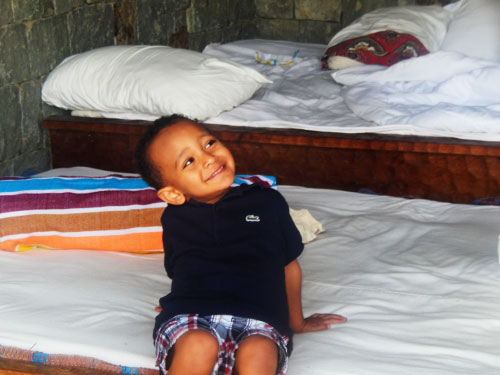
The one thing I did do right is teaching them the value of family. Although Lorenzo can’t stand getting kissed, he knows he needs to greet people with hugs and kisses on their cheeks. They know that family always comes first and they cherish each other (when they aren’t fighting) and their baby sister. The best part is that they understand family isn’t just mom, dad and siblings… No, family is everyone we love and care for, grandma, parents, cousins, aunts, uncles and friends. It’s about community and being part of something bigger than you.
There is so much more I want to teach them, and every day we are taking baby steps to getting there. For everyone who can relate, here are some simple things we do at home to teach the children:
I do all this because, what was simple to my parents as immigrants turned out to be very hard for me as a first-generation American mother. So where will it leave my children as second generation Americans? I refuse to let our culture die with me. They must know their heritage and hold it close to their hearts, so our traditions do not disappear as they get older and have families of their own.
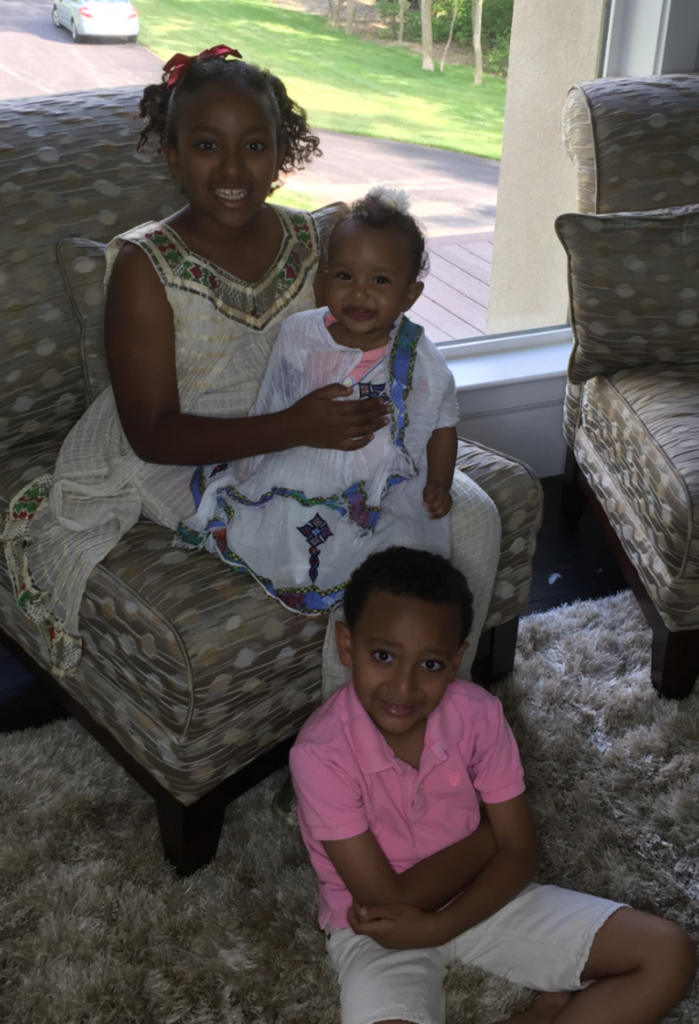
To all you amazing moms that can relate, please share your techniques on raising kids with different cultures. I’d love to compare notes.
Always,
